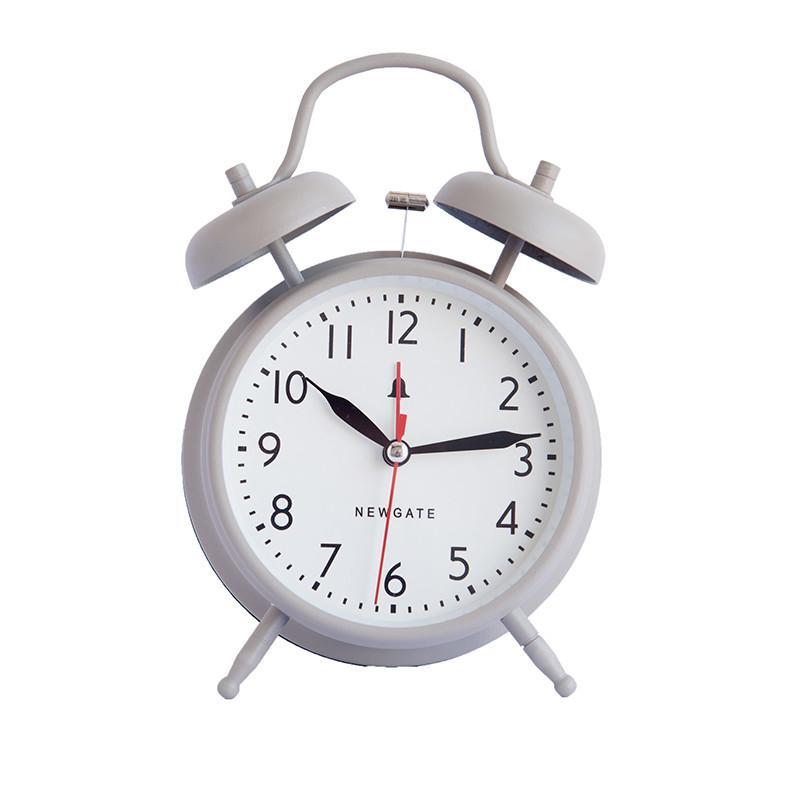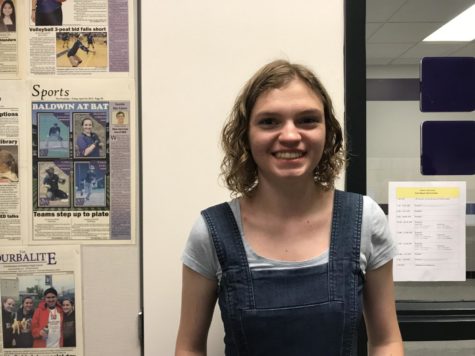Sleep study looks to students for help
Photo via McGee & Co
According to the National Sleep Foundation, teens are supposed to get eight hours of sleep, but many do not. One study found that as few as 15 percent of teens get eight and a half hours of sleep.
April 16, 2019
Alexis Kilburn is a rarity among high school students. She goes to bed at 9 p.m. and wakes up at 5 a.m., getting around eight hours of sleep each night.
“I go to bed early because it is easier for me to get out of bed in the morning and I don’t have to ever hit snooze,” Kilburn, a sophomore said.
Senior Nadin Kajan, on the other hand, has a less regular sleep schedule.
“I usually get about six hours of sleep a night,” Kajan said. “I don’t feel tired enough at night to fall asleep, and then I feel tired during the day.”
According to the National Sleep Foundation, teens are supposed to get eight hours of sleep, but many do not. One study found that as few as 15 percent of teens get eight and a half hours of sleep.
Baldwin’s school nurse, Michelle Coury-Brendel, can attest to students not getting enough sleep because some of them come to her office to catch up on it.
“I can’t say for sure what the number is, but I would say that I probably see a half a dozen students a day come in to rest,”
Coury-Brendel said. “They might come in and say that they have a headache or another ailment, but I wouldn’t be surprised if the symptoms were due to sleep deprivation.”
The sleep foundation advises that teenagers create a routine, making sure not to eat or use electronics late in the evening, so they can fall asleep at earlier hours.
However, while it is possible for teens to fall asleep earlier, it might not be their fault that they are up all night. Teenagers simply are not wired to feel sleepy until after 11 p.m., the sleep foundation said. Even those who try their best to go to sleep earlier might not have much luck.
Students also point to after-school responsibilities as a reason for not having enough time to get a good night’s sleep.
“I have dance several nights a week and some nights I don’t get home until 10 p.m.,” senior Danielle Eggert said. “After being up and active for so long, it’s hard to wind down and go to bed.”
Lack of sleep in teenagers is associated with weight gain, lack of physical activity, symptoms of depression, substance use, and poor performance in school and on standardized tests, according to the Centers for Disease Control.
Researchers at the University of Pittsburgh, meanwhile, are in the process of conducting two studies that might provide some answers regarding how sleep deprivation impacts teenagers and what the culprit or culprits might be.
“The study is designed to help us measure sleep and circadian rhythms in teenagers and how this impacts things like their mood, stress, focus, health, and substance use. If we find a connection between the two, we can find where the problem lies and come up with solutions to it,” Brant Hasler, primary investigator of the Pitt studies, said.
Students participating in the study will fill out questionnaires daily on smartphones so that researchers can track when their moods change, which may be impacted by how much sleep they got the night before. Participants also will wear an Active Watch to track physical reactions like heart rate, and will meet with researchers to answer additional questions and undergo neuroimaging like MRIs.
The Pitt researchers are looking for juniors and seniors who are in overall good health to participate in the study. Interested students can apply at https://socialjetlag.pitt.edu/.
Meanwhile, students like Kajan must find ways to get to sleep earlier or stay awake longer.
“I usually stay up on my phone watching YouTube, on social media, or playing games, which I could cut down on. That way it’d be easier to stay up all day,” Kajan said.




